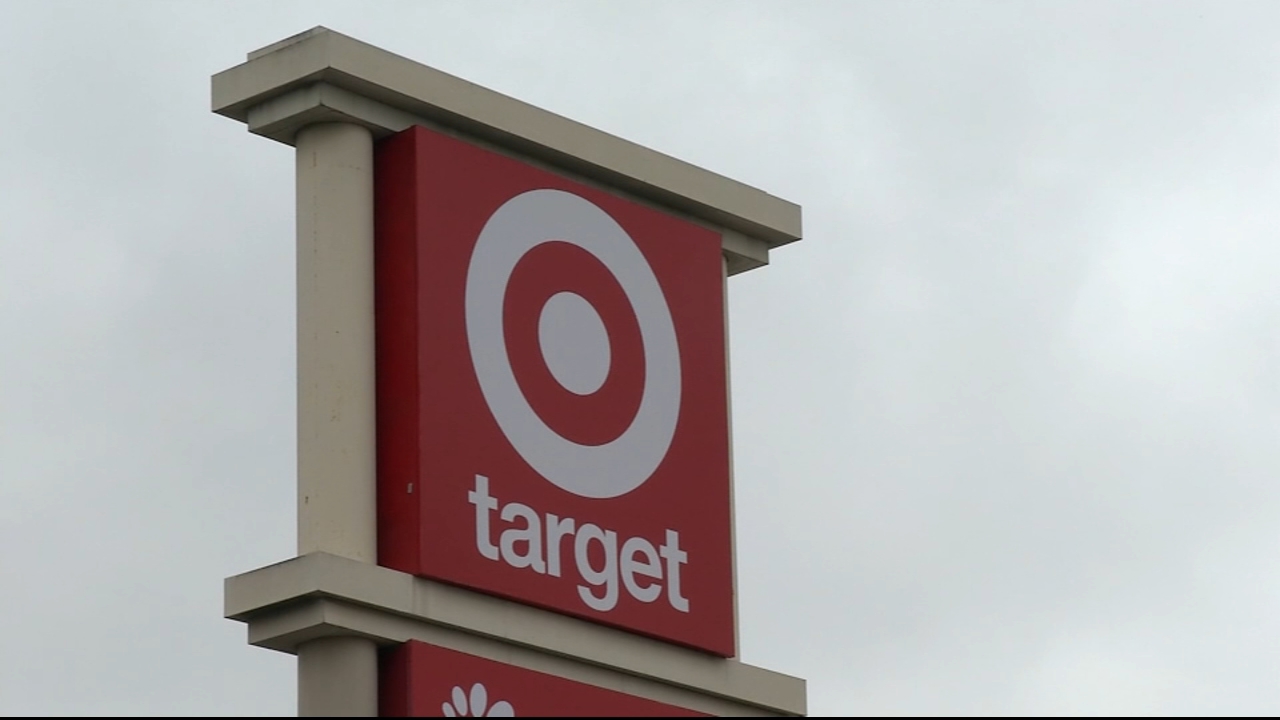UC faculty group calls for dropping charges against protesters, wants UCLA chancellor to resign
More than 800 UC faculty and staff signed a petition demanding the resignation of UCLA's chancellor.
LOS ANGELES (KABC) -- More than 800 University of California faculty and staff want UCLA Chancellor Gene Block to resign "immediately" and are calling for "all legal charges be dropped and grant full amnesty to all students, staff, and faculty who were involved in the encampment and peaceful protest" at the Westwood campus, according to an online petition.
As of late Thursday afternoon, 880 people had signed the petition, which demands that UCLA issue a report within 30 days to "fully disclose all investments so that students may understand how the university prioritizes their finances," and calls for the college to divest from all military weapons production companies and supporting systems.
Faculty and staff members gathered on the UCLA campus to express their concerns and deliver the petition to Block and university administration. After a short news conference, the group marched to the campus' Murphy Hall, chanting, "Disclose, divest, we will not stop, we will not rest."
Campus security met the group at the doors of Murphy Hall, preventing them from entering and reaching the chancellor's office.
There was no immediate response from Block, who is already scheduled to retire at the end of July.
The petition was published days after UCLA officials announced the creation of a new chief safety officer position to oversee campus security operations. The announcement Sunday came after UCLA was criticized for its handling of demonstrations that culminated in a mob attack on a pro-Palestinian student encampment last week.

On May 2, officers surged against a crowd of demonstrators near Royce Hall, ultimately taking at least 200 protesters into custody after hundreds defied orders to leave, some forming human chains as police fired flash-bangs to break up the crowds. Police tore apart a fortified encampment's barricade of plywood, pallets, metal fences and dumpsters, then pulled down canopies and tents.
Like at UCLA, tent encampments of protesters calling on universities to stop doing business with Israel or companies they say support the war in Gaza have spread across other campuses nationwide in a student movement unlike any other this century. Iranian state television carried live images of the police action at UCLA, as did Qatar's pan-Arab Al Jazeera satellite network. Live images of Los Angeles also played across Israeli television networks.
Israel has branded the protests antisemitic, while Israel's critics say it uses those allegations to silence opposition. Although some protesters have been caught on camera making antisemitic remarks or violent threats, protest organizers - some of whom are Jewish - call it a peaceful movement to defend Palestinian rights and protest the war.
The confrontations at UCLA played out over several days last week. Block told alumni on a May 2 call that the trouble started after a permitted pro-Israel rally was held on campus April 28 and fights broke out and "live mice" were tossed into the pro-Palestinian encampment later that day.

In the following days, administrators tried to find a peaceful solution with members of the encampment and expected things to remain stable, Block said.
That changed, he said, when counterdemonstrators attacked the pro-Palestinian encampment. Campus administrators and police did not intervene or call for backup for hours. No one was arrested that night, but at least 15 protesters were injured. The delayed response drew criticism from political leaders, including Gov. Gavin Newsom, and officials pledged an independent review.
"We certainly weren't thinking that we'd end up with a large number of violent people, that hadn't happened before," Block said on the call.
By May 1, the encampment had become "much more of a bunker" and there was no other solution but to have police dismantle it, he said.
The hourslong standoff went into the early morning hours as officers warned over loudspeakers that there would be arrests if the crowd - at the time more than 1,000 strong inside the encampment as well as outside of it - did not disperse. Hundreds left voluntarily, while another 200-plus remained and were ultimately taken into custody.
The Associated Press and City News Service contributed to this report.





